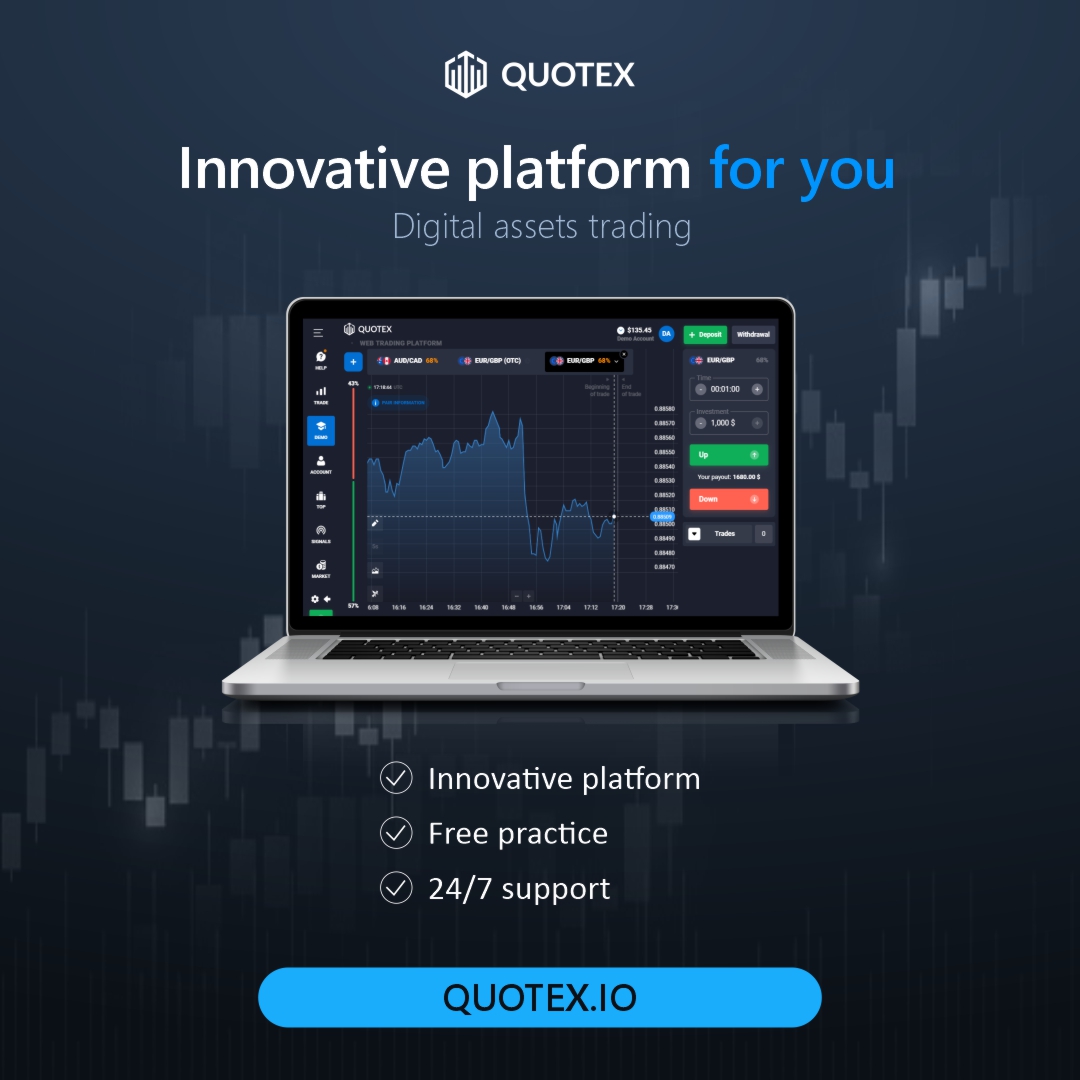Real estate traditionally depended on manual paperwork, with the property linked to physical records. With the entrance of blockchain and tokenization in the industry, the most permanent accounting books now record transactions. These innovations make the property into digital tokens and divide assets into multiple shares so that investors can possess properties to a price fraction.
Unlock property ownership with tokenization
Tokenization reduces entry barriers and resolves the inefficiency of traditional real estate. Instead of a person or group that has a property, real world assets are divided into digital actions that several people can possess at the same time. An intelligent contract, an agreement that automatically manages all compliance, transactions and property transfer, says each token. An asset worth millions can be divided into hundreds or thousands of tokens.
Smaller investors can pay Only $ 100 per TokenDepending on the platform. This is especially crucial since property becomes less accessible. When an investor cannot afford to present at least 15% of the total value of a propertyFractionalization becomes an attractive option to diversify an investment portfolio without assigning substantial capital to a single asset. This helps maintain the integrity of the property despite the fact that a wide range of investors has access to having a single property.
Blockchain’s power in real estate
Blockchain is the tokenized real estate base. Replace manual records with a safe, transparent digital book and manipulations. Ethereum standards, such as ERC-721 and ERC-20, allow several types of tokens, from fractional property to income generation assets.
Advanced characteristics such as non -fungible dynamic tokens automatically update the details of the property, such as renewals or new valuations, directly in the chain, providing investors instant and precise information instead of long reports.
Key benefits of real estate tokenization
The attractiveness of tokenization extends far beyond novelty. It directly addresses systemic inefficiencies in the real estate sector by offering multiple benefits.
Greater liquidity
Transactions often take long periods with traditional real estate processes. Tokenized assets can be negotiated as shares, improving flexibility for investors.
Reduced transaction costs
Smart contracts eliminate the need for intermediaries such as agents, custody services and lawyers. This rationalization can reduce transaction costs by 30%according to estimates of blockchain experts.
Improved accessibility
Tokenization democratizes access to high value assets. Investors no longer need hundreds of thousands of dollars to obtain exposure to expensive properties. It also facilitates global investment, which allows participation in countries without traditional geographical or regulatory barriers.
Automated compliance
Rules such as identification, anticipated and tax reports in the system can be incorporated. This reduces compliance costs while guaranteeing regulatory alignment with less paperwork.
Implementation challenges and regulatory obstacles
While cryptocurrencies Enjoy zero government controlRegulatory challenges remain as barriers for complete implementation. One of the greatest concerns is compliance. In the United States, tokenized real estate Often qualifies as securityWhich means that the regulations of the Commission of Securities and Values have to be followed unless exemptions are applied.
Another challenge is the security of the smart contract. Vulnerabilities in poorly written contracts can lead to losses on defi platforms, which can be transferred to real estate. Measures such as multi -layer security audits, encryption and authentication protocols must be established to avoid exploitation.
Technical complexity also remains a barrier to adoption. Robust systems must integrate blockchain networks, Property Administration Software, easy -to -use data sources and interfaces for functional coordination.
Opportunities for a transparent and agile market
While there are early stage challenges, long -term benefits are too substantial to ignore. Emerging secondary markets for real estate tokens, modeled after cryptographic exchanges, will provide liquidity while enableing prices in real time, monitoring of the history of transactions and pairs exchanges. These developments could eliminate the opacity and inefficiency defined by current real estate markets.
In addition, blockchain -based transparency can drastically reduce fraud, since each transaction and property change is registered unalterably. This innovation could be particularly useful in developing economies where property rights are often disputed or poorly documented.
Real estate reinvented with blockchain technology
Token and block chain introduce new opportunities in real estate property. Fractional investment makes the properties more accessible and maintains the information in updated real time. This technology provides unprecedented efficiency and safety in property transactions. However, successful adoption depends on a reflexive implementation. Intelligent contractual security and regulatory compliance must be prioritized. As the mature infrastructure and market understanding grow, tokenized real estate will become a fundamental pillar in the future of property.
Read also: Skale Labs launches the first MEV resistant blockchain industry for Finance driven by AI
Discharge of responsibility: The information provided in Alexablockchain is only for informative purposes and does not constitute financial advice. Read the discharge of complete responsibility here.
Image credits: Canvas




